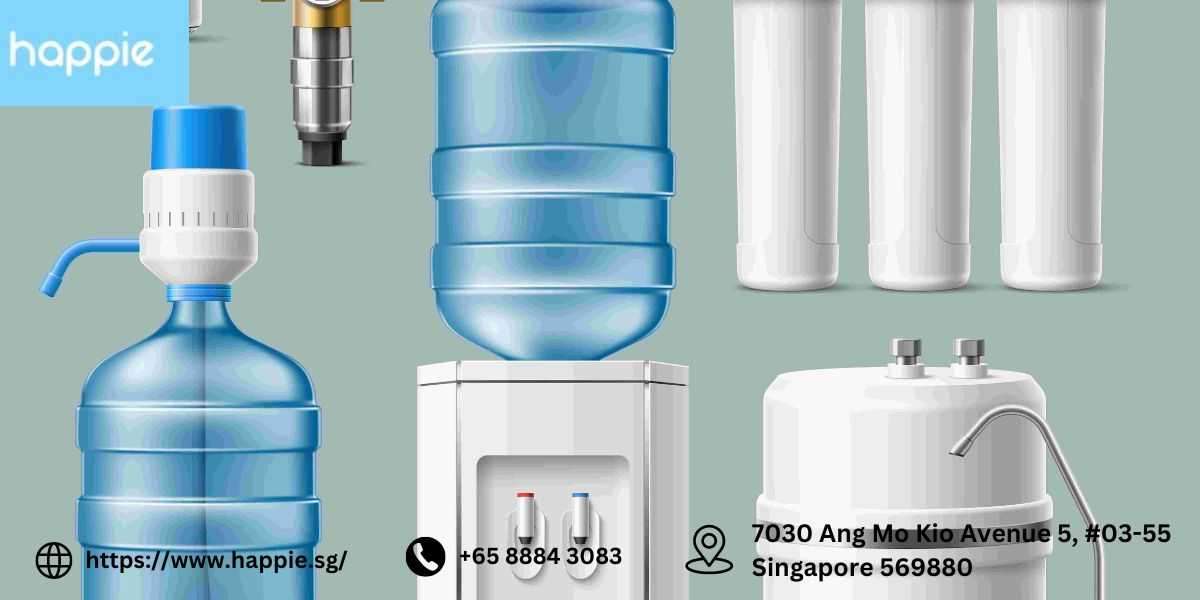In today's world, where environmental sustainability is a growing concern, many people are re-evaluating their daily habits and the products they use. One such product that has a significant impact on both convenience and the environment is the water dispenser. By switching to a water dispenser, you can play a part in reducing plastic waste and conserving resources, all while enjoying the benefits of easily accessible clean water.
1. Reduction in Plastic Waste
One of the most significant environmental benefits of using a water dispenser is the reduction in plastic waste. Bottled water is a major contributor to plastic pollution, with millions of plastic bottles ending up in landfills and oceans each year. By using a water dispenser, you eliminate the need for single-use plastic bottles, significantly cutting down on the amount of plastic waste generated in your household or workplace.
2. Lower Carbon Footprint
The production and transportation of bottled water contribute to a large carbon footprint. The manufacturing process of plastic bottles involves the use of fossil fuels, and the transportation of these bottles to stores and homes further increases carbon emissions. A water dispenser, on the other hand, has a much lower carbon footprint. By refilling reusable bottles or cups from a water dispenser, you reduce the demand for bottled water, thereby decreasing the associated carbon emissions.
3. Conservation of Resources
Producing bottled water requires significant amounts of water and energy. In contrast, water dispensers are more efficient in their use of resources. Modern water dispensers are designed to be energy-efficient, consuming less power while providing hot and cold water on demand. This conservation of resources contributes to a more sustainable and eco-friendly lifestyle.
4. Encouragement of Reusable Products
Water dispensers encourage the use of reusable water containers, which further reduces environmental impact. Instead of relying on single-use plastic bottles, users can opt for durable, reusable bottles made from materials like stainless steel or glass. This shift not only reduces waste but also promotes a culture of sustainability and mindfulness towards resource usage.
5. Long-Term Environmental Benefits
Over time, the cumulative environmental benefits of using a water dispenser are substantial. By reducing plastic waste, lowering carbon emissions, and conserving resources, water dispensers contribute to a healthier planet. The shift away from disposable products to more sustainable options is crucial for long-term environmental conservation.
Conclusion
Switching to a water dispenser is not only a practical choice for your daily hydration needs but also a responsible one for the environment. By reducing plastic waste, lowering your carbon footprint, and promoting the use of reusable products, a water dispenser can make a meaningful difference in your efforts to live a more eco-friendly lifestyle. Embrace the change and contribute to a more sustainable future with this simple yet impactful appliance.




